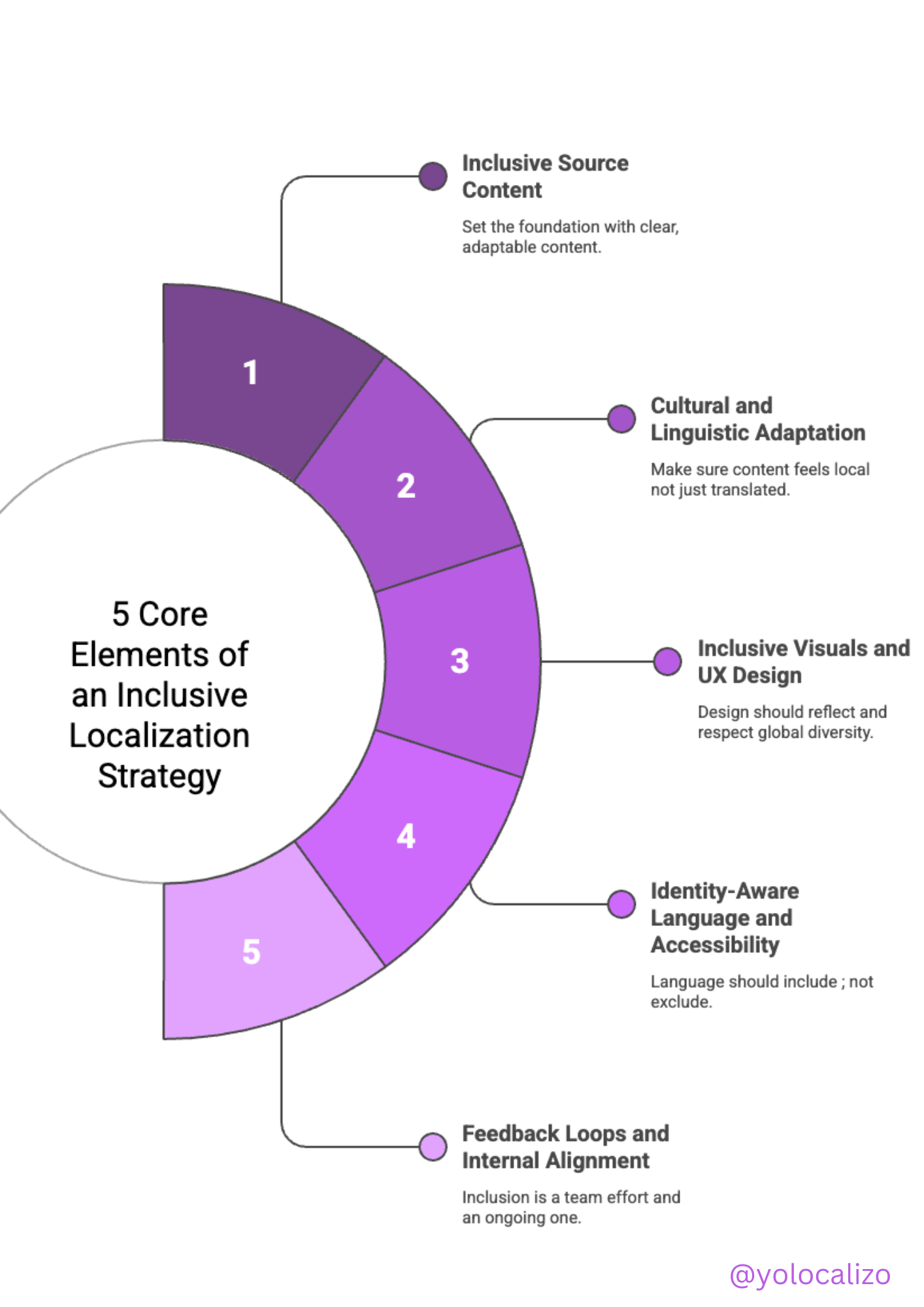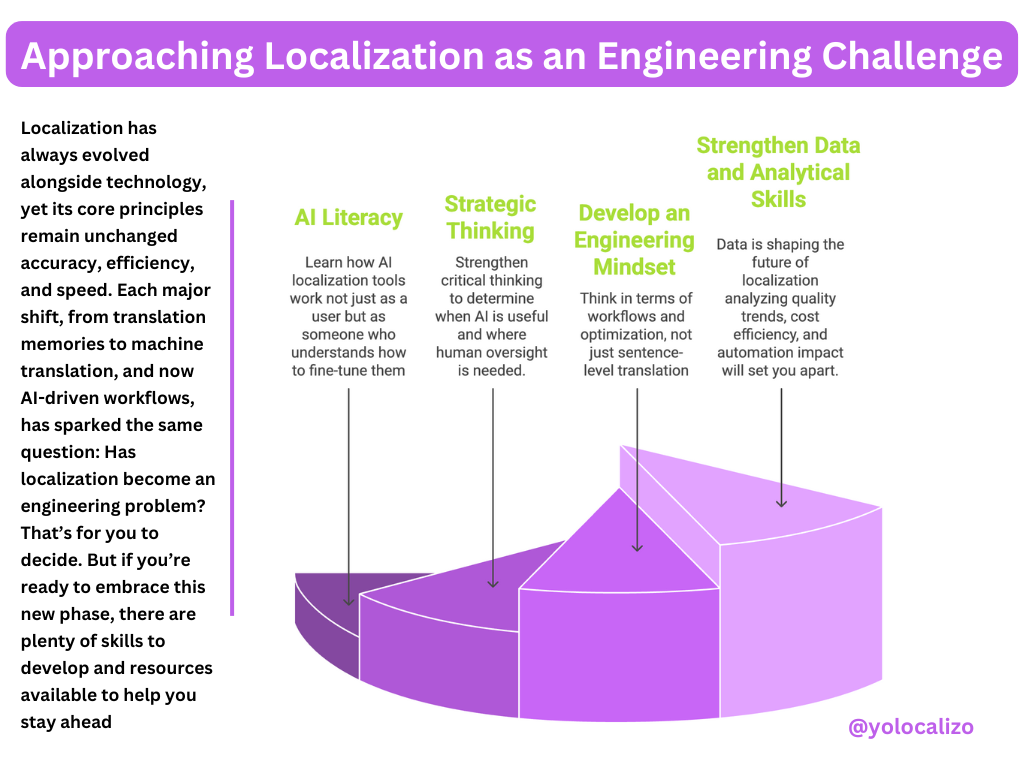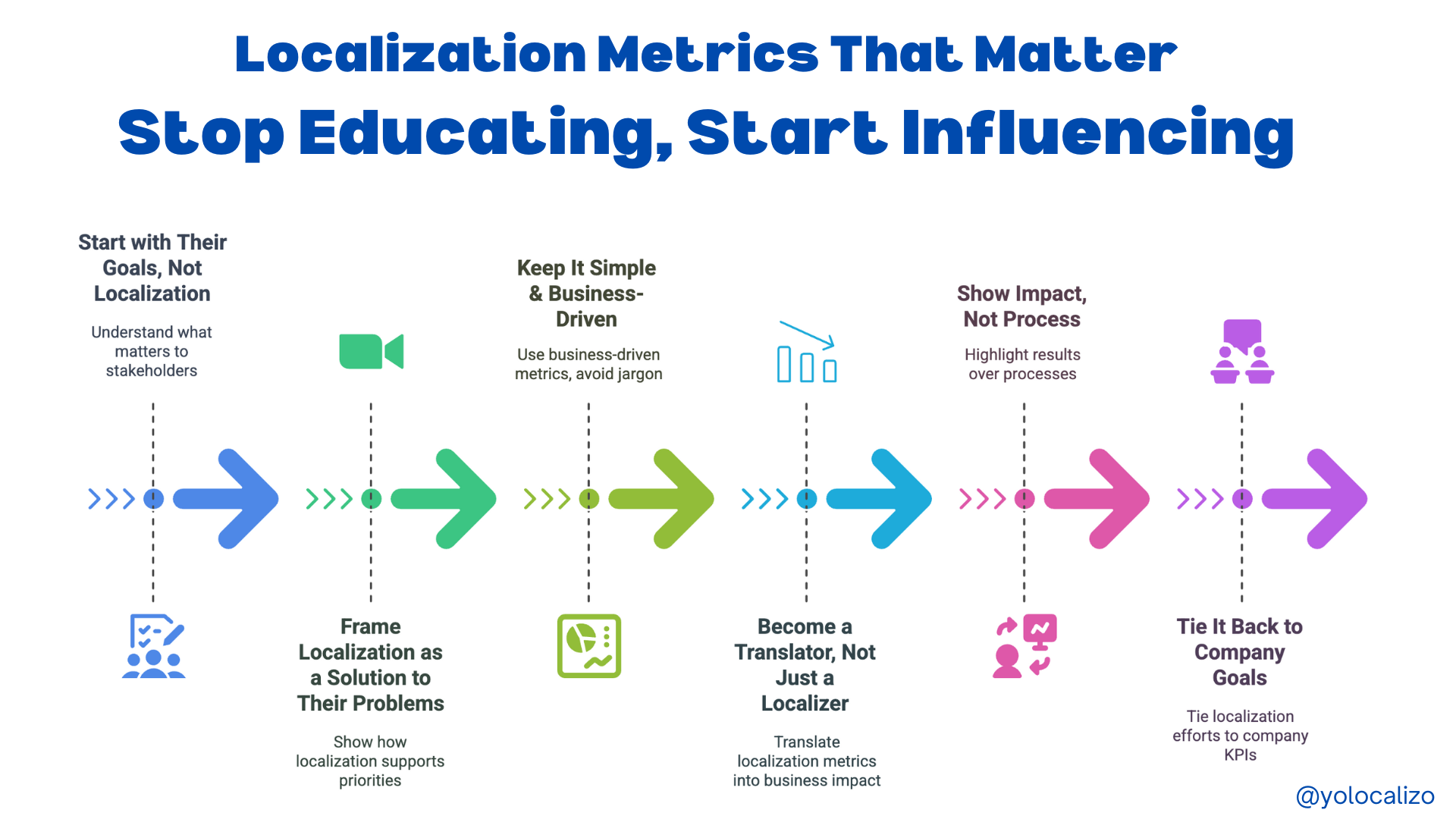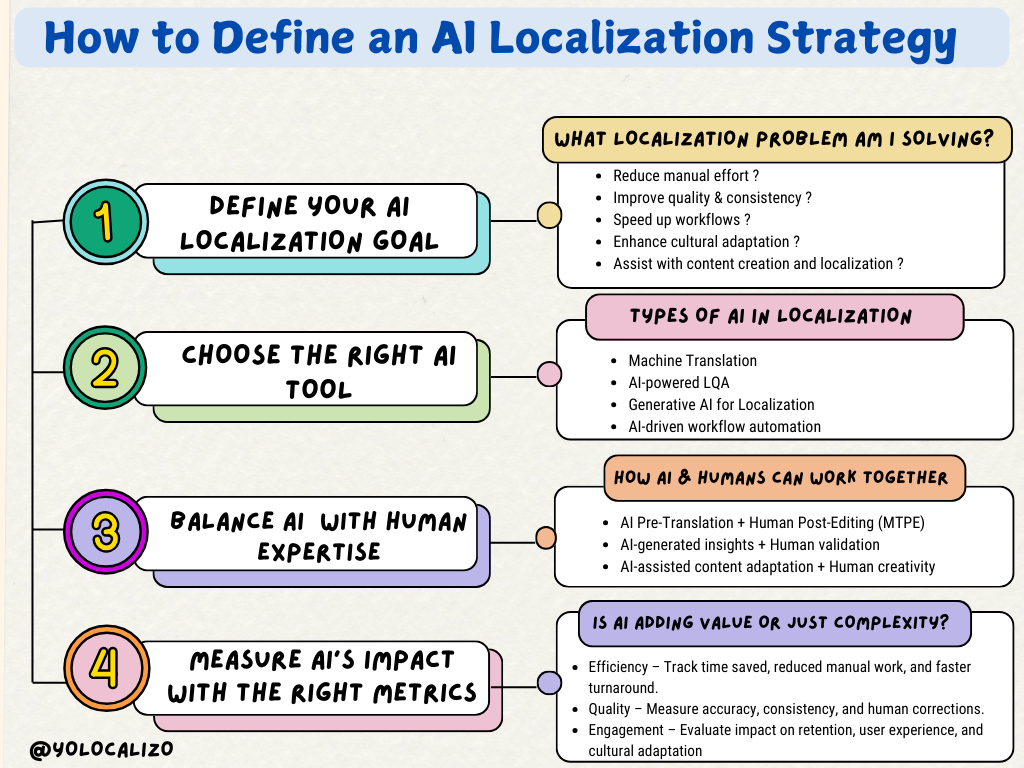Miguel, get to the point! But what happens if I do not know what my point is?
Ok, officially summer is already here, between 35 and 40 degrees these last days, scorching heat but everything gets better with a good book and spending the day on the beach.
This short book (just over 100 pages) it's been a nice discovery, super useful!
The book is a practical guide and it parts of the following premise.
Every time we communicate, we're trying to do something, change something, or move someone to action. We're trying to make a point. But the only way to make a point is to have a point. And the surprising truth is, very few communicators know their points or even understand what a point is, rendering them pointless.
Actually, when we think about it this is very true. If we search in Google how to deliver a presentation we have hundreds of thousands of results. If we read books on how to speak effectively in public, we will receive multiple tips. Tips on everything, how to modulate our voice, how to move on stage, how to interact with the audience ... All these messages about communicating our point are undoubtedly important and very useful. But what happens if I do not know what my message is?
As the author says
"Many articles about public presentation shallowly advise you to" have a clear point "or" stick to your topic "but leave it at that. Nowhere have I seen the critical missing piece: how to formulate an actual point and convey it effectively. It's like a nutritionist simply telling you to "eat well," then handing you to a bill. Good luck with that "
We all communicate every day. We have something we are trying to convey to others. We also think that we are pretty good at getting our point across. Wrong! Most of us do not know how to make a point. Not an effective point. Many of us were never really taught how to make a point. This book will show you how.
The most fundamental part of successful communication is the point. If we do not have one, we become pointless, we're virtually useless.
A point is an argument, a proposal of value. It has to be very clear, very specific.
I have prepared a summary of the book, the short version in this infographic and a slightly longer summary in this other one.
This book has been a pleasant surprise, short and the author does what he preaches in the book! He makes his point and any additional information only works to better bring his point home rather than distract or bore the reader.
Good luck everyone finding your point !! Have a great week ahead and stay cool!
@yolocalizo
















Before jumping on the AI bandwagon: What localization problem are you trying to solve? AI is everywhere right now, including in localization.
But before jumping on the bandwagon, we need to stop and ask:
Are we solving the right problem?